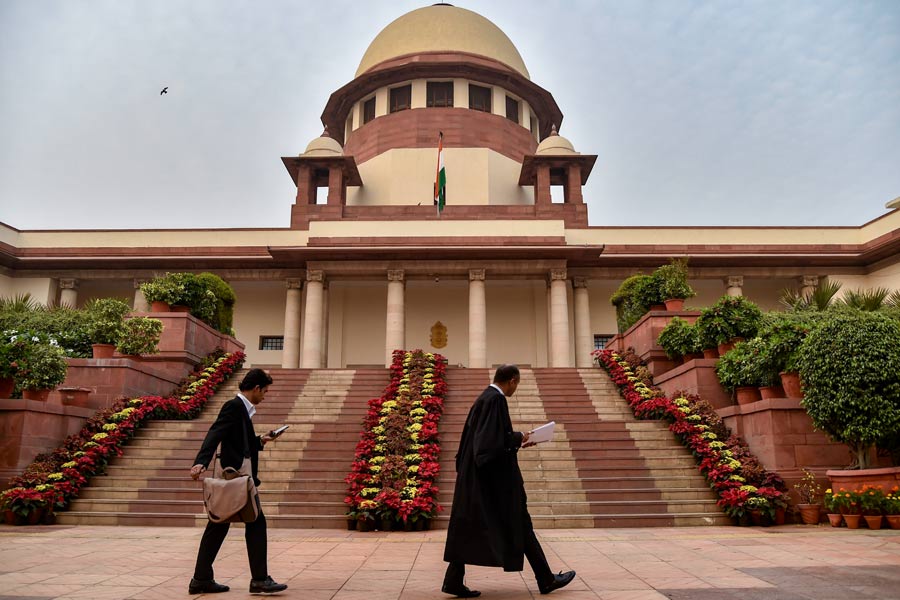The Supreme Court has ruled that “mere bald and vague allegations” of corrupt practices cannot be a basis for challenging the election of a candidate.
The court made the observation while setting aside a Gauhati High Court decision to admit a petition by Aminul Haque Laskar challenging the election of Karim Uddin Barbhuiya of the All India United Democratic Front (AIUDF) from the Sonai Assembly constituency in Assam in March 2021.
“A charge of ‘corrupt practice’ is easy to level but difficult to prove because it is in the nature of criminal charge and has got to be proved beyond doubt. The standard of proof required for establishing a charge of ‘corrupt practice’ is the same as is applicable to a criminal charge," a bench of Justices Aniruddha Bose and Bela M. Trivedi said.
"Therefore, Section 83(1)(b) (Representation of Peoples Act) mandates that when the allegation of ‘corrupt practice’ is made, the election petition shall set forth full particulars of the corrupt practice that the election petitioner alleges, including as full a statement as possible of the names of parties alleged to have committed such corrupt practice and the date and place of the commission of each such practice,” the bench added.
The bench passed the ruling while allowing an appeal filed by Barbhuiya challenging the high court's refusal to quash Laskar's petition against Barbhuiya's election alleging corrupt practices.
Laskar had filed the election petition under Section 100(1)(b) and Section 100(1)(d)(i) of the Representation of the People’s Act, 1951 for quashing the election of Barbhuiya on four grounds: (a) false declaration of educational qualification of BA; (b) suppression of the educational qualification of diploma in engineering; (c) suppression of bank loan details of M/s Allied Concern; and (d) suppression of unliquidated provident fund dues.
Writing the judgment, Justice Trivedi said: “Now, from the bare reading of the Election Petition, it emerges that the respondent no.1 (Laskar) has made only bald and vague allegations in the Election Petition without stating the material facts in support thereof as required to be stated under Section 83(1)(a) of the RP Act.
The court added: “So far as the allegations of ‘corrupt practice’ are concerned, the respondent no. 1 was required to make concise statement of material facts as to how the appellant had indulged in ‘corrupt practice’ of undue influence by directly or indirectly interfering or attempted to interfere with the free exercise of any electoral right.
"Mere bald and vague allegations without any basis would not be sufficient compliance of the requirement of making a concise statement of the ‘material facts’ in the Election Petition.”











